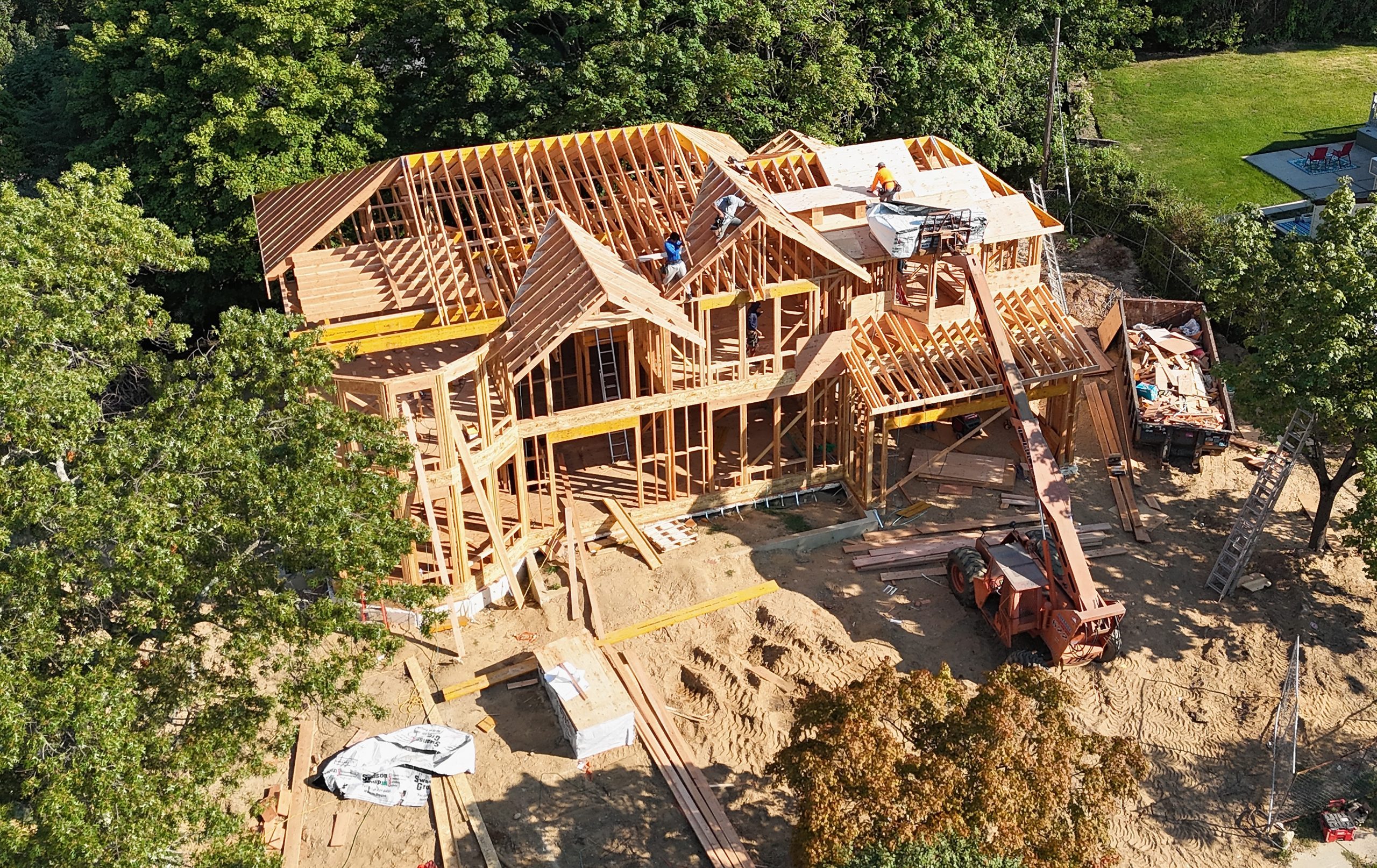A Nation in Short Supply: The Stark Reality of America’s Housing Deficit
America is grappling with a severe housing crisis, a shortfall so significant it’s hindering economic growth and exacerbating social inequalities. A recent Zillow report reveals a staggering deficit: 4.7 million fewer housing units than families in the United States. This gap, far from static, is widening, largely due to a slowdown in construction over the past two decades. The impact is most acutely felt in economically vibrant areas, where the scarcity of affordable housing fuels displacement, inflation, and limits social mobility. The crisis, arguably the nation’s most pressing economic challenge, demands immediate and comprehensive solutions.
The YIMBY Movement: Challenging Zoning Laws and the Status Quo
The “Yes In My Backyard” (YIMBY) movement has emerged as a vocal advocate for addressing this crisis, arguing that the shortage isn’t simply a matter of supply and demand, but is actively
created
by existing laws and regulations. This diverse coalition of activists, researchers, and policy experts points to restrictive zoning laws as a primary culprit. These regulations, often implemented at the local level, limit density, restrict the types of housing permitted, and impose stringent building codes, effectively preventing the construction of the affordable housing desperately needed. The YIMBY argument centers on the idea that these regulations, often driven by NIMBY (“Not In My Backyard”) opposition from established residents concerned about property values or neighborhood character, artificially constrain the housing supply, driving up prices and exacerbating inequality.
Beyond Zoning: A Multifaceted Problem Requiring Systemic Change
While restrictive zoning is a central element of the YIMBY critique, the housing crisis is a multifaceted problem demanding a broader solution. Factors such as rising construction costs, land scarcity in desirable areas, and financialization of the housing market all contribute to the problem. The complexity of the issue requires a multi-pronged approach, going beyond simply relaxing zoning restrictions. This might include: increased investment in affordable housing initiatives, streamlining the permitting process for new construction, exploring innovative building technologies to reduce costs, and addressing issues of predatory lending and displacement. Furthermore, tackling the influence of powerful lobbying groups that benefit from the status quo is crucial for effective reform.
Conclusion: A Call for Action and Systemic Reform
The American housing crisis represents a significant threat to economic stability and social equity. The YIMBY movement’s focus on restrictive zoning laws highlights a critical element of the problem, but the solution requires a holistic approach encompassing various policy levers and a commitment to systemic change. Addressing this crisis demands a concerted effort from policymakers, developers, community organizations, and citizens alike. Failure to act decisively will only deepen the crisis, exacerbating existing inequalities and hindering the nation’s economic progress. The time for bold action is now, before the housing shortage irrevocably shapes the future of American society.
Based on materials: Vox





